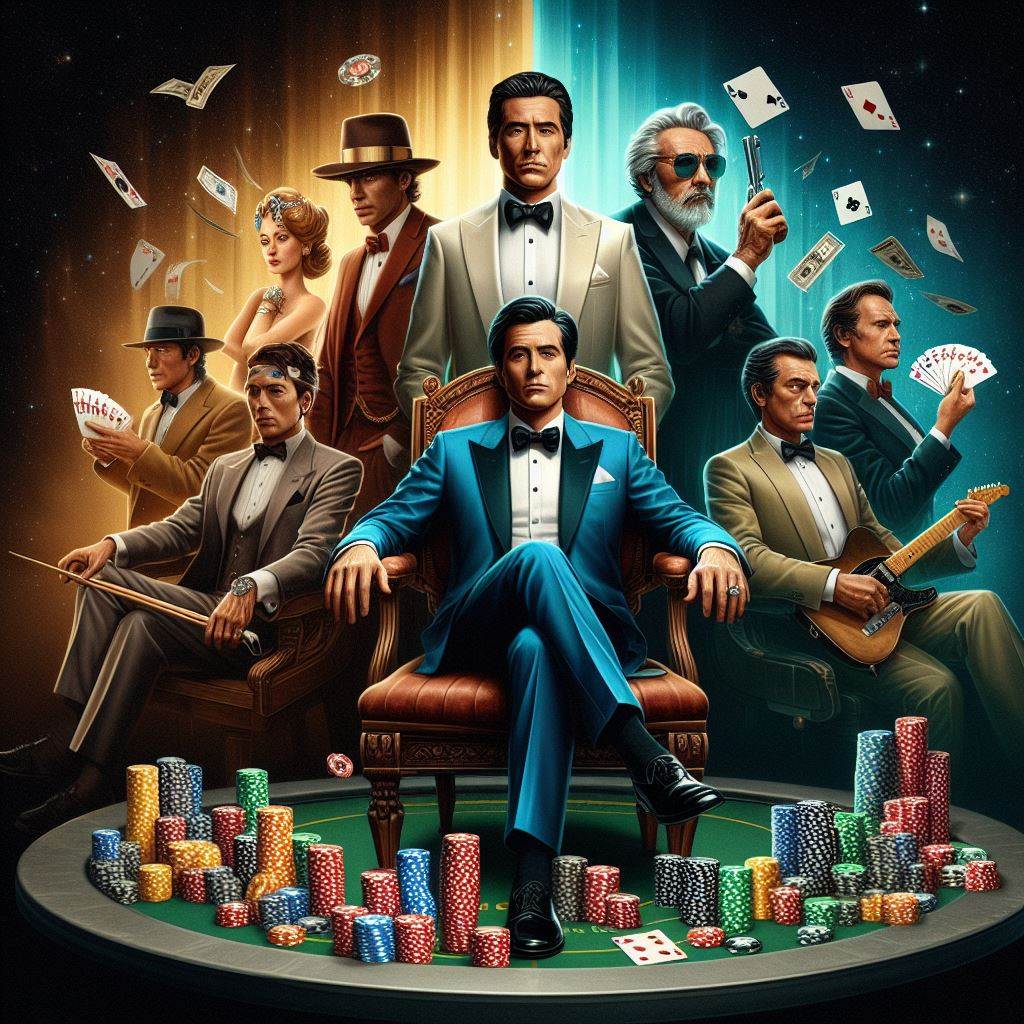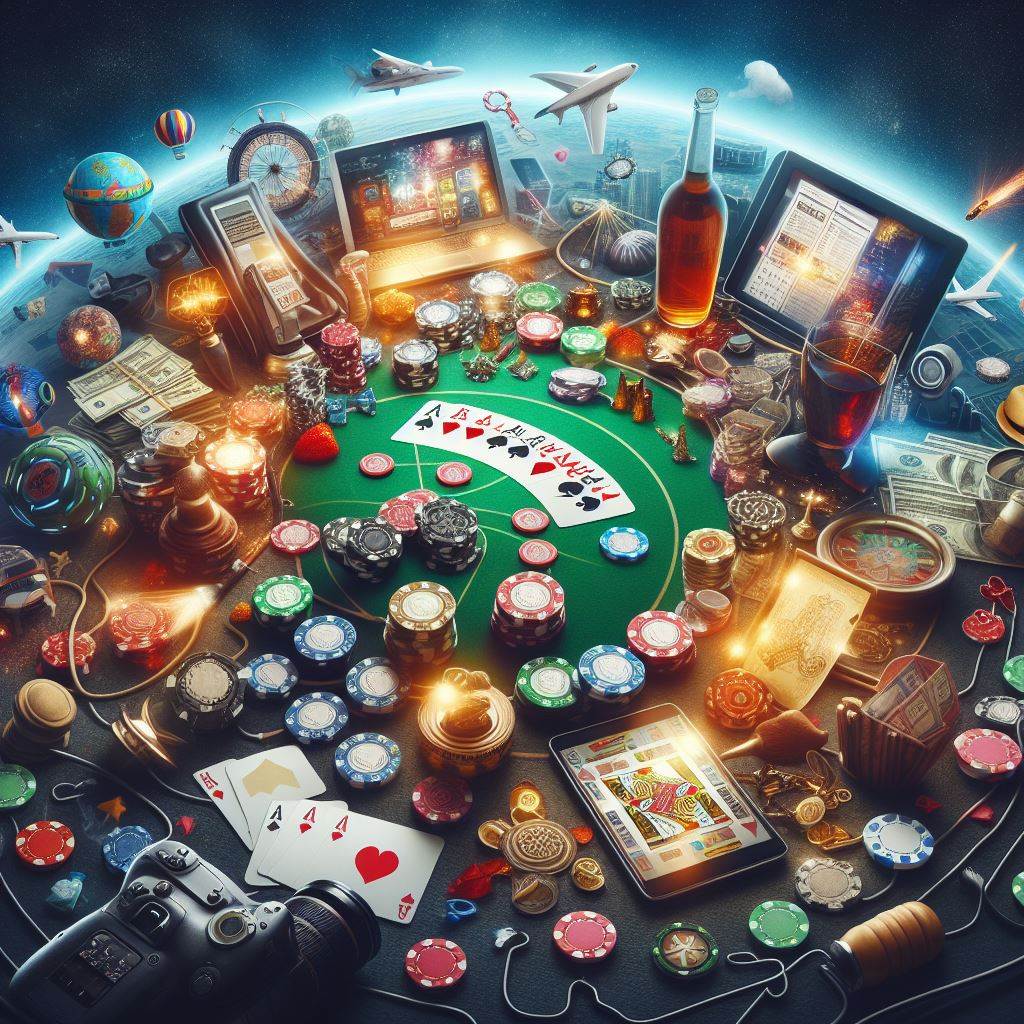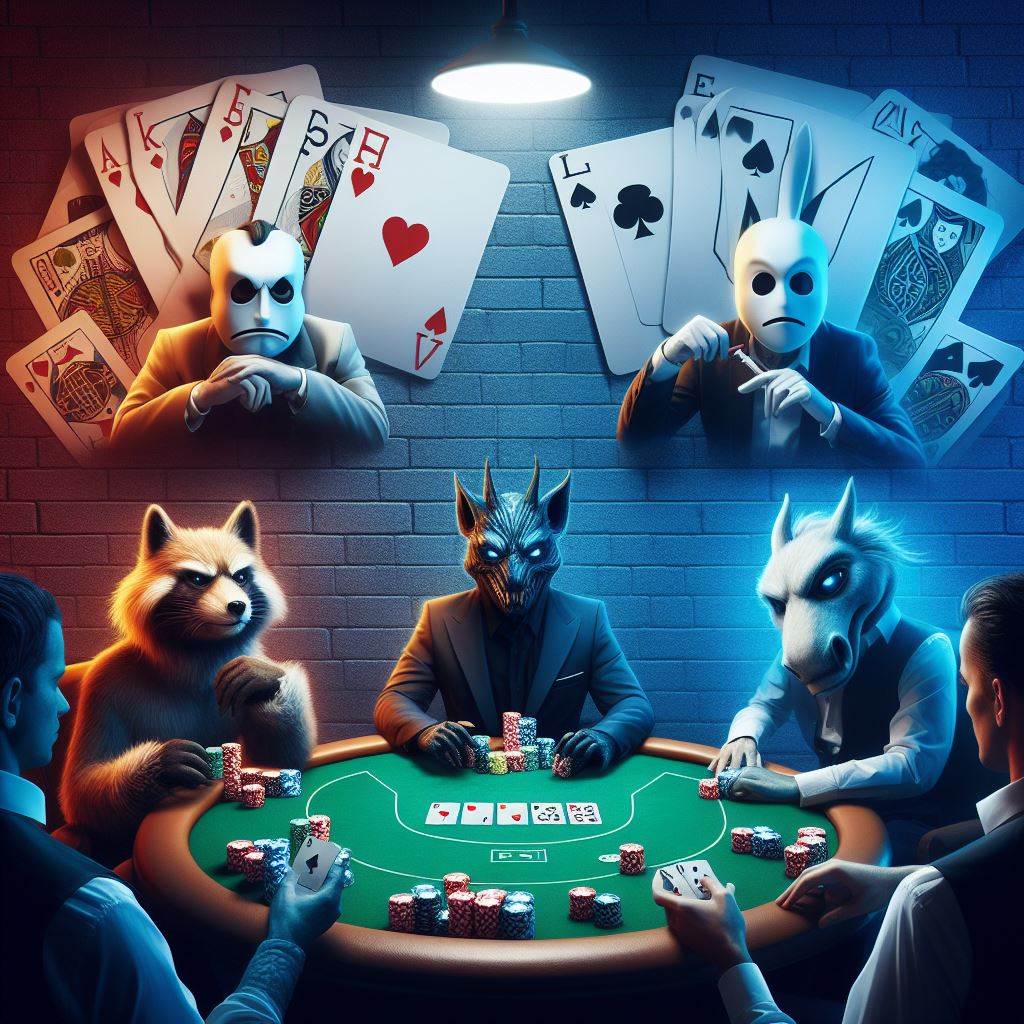From Saloons to Superstars
Poker, a game synonymous with wit, strategy, and the unpredictable shuffle of cards, has traversed a fascinating path through history. From dusty saloons in the Wild West to the glitzy high-stakes tables of Las Vegas, the evolution of casino poker is a story of transformation, encapsulating both the spirit of olden times and the polished ambiance of modern-day casinos.
Origins in American Frontier Saloons From Saloons to Superstars
The roots of poker stretch back to the 19th century American frontier. In rustic saloons, amidst the clinking of whiskey glasses and the rough banter of prospectors, poker emerged as a popular pastime. These establishments were more than just places to drink; they were social hubs where people played cards, settled disputes, and conducted business. The early versions of poker played in these settings were rudimentary, often involving simple variants like Five Card Draw and Stud Poker.
Poker Spreads Its Wings From Saloons to Superstars
As America grew, so did poker. By the turn of the 20th century, it had become a staple of American gambling culture. The game spread via riverboats along the Mississippi, in private gaming rooms of New York clubs, and at major military camps during the Civil War. Each region added its nuances to the game, contributing to the development of new variants.
The Rise of Texas Hold’em From Saloons to Superstars
The introduction of Texas Hold’em in the early 20th century marked a significant evolution in the complexity and popularity of poker. Originating in Robstown, Texas, in the 1920s, this variant was simpler in terms of the rules but deeper in strategy compared to its predecessors. It wasn’t until the 1970s, however, that Texas Hold’em took the central stage at the newly conceived World Series of Poker (WSOP), cementing its place as the quintessential poker game.
Las Vegas and the Golden Age of Poker
The mid-20th century saw Las Vegas transform from a desolate desert town into the bustling heart of the gambling world. The legalization of gambling in Nevada in 1931 brought with it the formal setting of casino poker. The Sands, the Dunes, and later, the Mirage, among others, became iconic for their poker rooms. Poker was no longer just a game but a spectacle of skill and nerve showcased in lavish, well-publicized tournaments.
Television and the Poker Boom
The advent of televised poker in the late 20th and early 21st centuries was pivotal. The World Poker Tour and broadcasts of the WSOP brought poker to millions of homes, transforming poker players into international superstars. Chris Moneymaker’s historic win at the 2003 WSOP Main Event, after qualifying through an online poker site, particularly symbolized the dream that anyone could win big from virtually anywhere.
The Online Revolution
The internet further democratized poker, making it accessible to anyone with a computer and an internet connection. Online poker rooms multiplied rapidly in the early 2000s, creating a global poker community. This platform not only facilitated learning and playing but also significantly increased the speed at which the game was played, introducing concepts like multi-tabling and allowing players to gain experience at an unprecedented rate.
The Modern Era
Today, casino poker thrives both as an online and an in-person experience. Major tournaments like the WSOP, the European Poker Tour, and countless online variants attract players from all walks of life. The game continues to evolve with the introduction of hybrid games, the refinement of strategies, and the continuous influx of new players.
From the saloon tables equipped with a deck of cards to the sophisticated, algorithm-driven platforms of online poker, the evolution of casino poker is a mirror to both cultural shifts and technological advancements. As poker continues to adapt and grow, it remains a testament to the game’s enduring appeal and its capacity to reinvent itself. Whether in the smoky backdrop of a 19th-century saloon or the digital realms of the internet, poker’s essence endures — a compelling blend of skill, luck, and the timeless allure of the gamble.










